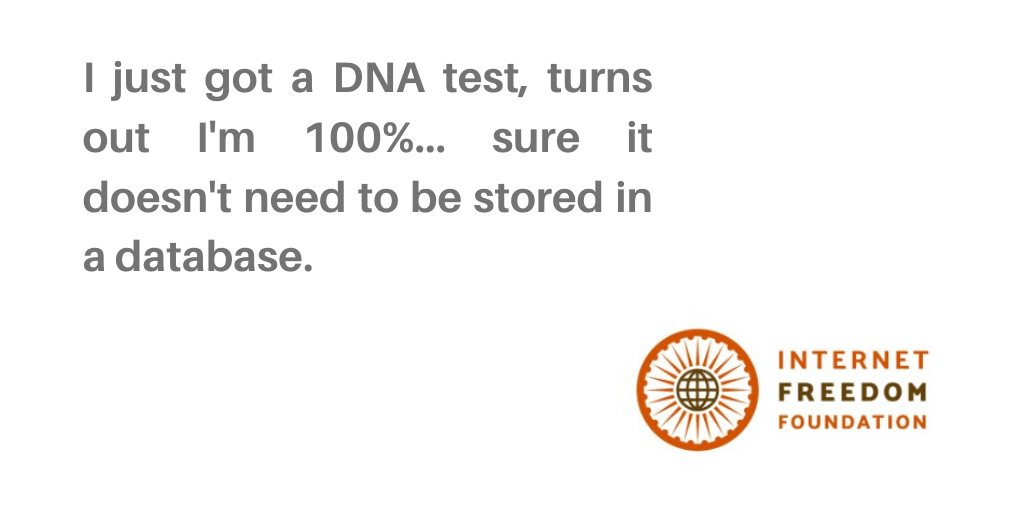
Tl;Dr
The recent expose on snooping conducted on the Whatsapp platform through the use of Pegasus in India has garnered a lot of attention from the public, press and thankfully even Parliamentary Standing Committees. Press reports indicate interest has been showed by the Standing Committee on Home Affairs in examining the matter. We wrote to them with a few suggestions on the issue to take into consideration at their meeting today.
Some background
Our representation made sure to provide the Committee with brief background information on the incident. We covered our bases by explaining the role of CitizenLab, the NSO Group and the discovery of the attacks in India. We previously put out a statement on the issue in case you need a bit of catching up to do (Read here for more).
Our worries
We provide sufficient emphasis on the lack of legality to this entire fiasco. Here are a few snippets of our explanation:
- No legality: There is no provision under Indian law under any circumstance that provides legal basis for the installation of such spyware; the powers under the pre-existing surveillance provisions of the Telegraph Act, 1885 and the Information Technology Act, 2000 do not permit the installation of spyware or hacking of mobile devices or computer resources, which is in fact criminalised under the Information Technology Act, 2000.
- Unimaginable hit to privacy: The constitutional standard established in K. S. Puttaswamy v. Union of India ((2017) 10 SCC 1) applicable to the violation of the right to privacy, finds this instance of snooping to go way beyond the requirements of proportionality and necessity, conditions heavily mandated.
- No remedy: As secrecy is an inherent trait of surveillance, the individual under surveillance has no manner of proving it thereby being unable to establish a breach which curtails remedy to an individual under Article 32 and 226 of the Constitution.
In light of these concerns, we offered a few suggestions for the Committee to consider in their discussions on the issue.
- Testimonials and expert opinions: We ask that individuals affected by this large breach of privacy be invited to provide testimonials in order for the Committees to gather necessary information it requires for it to take any necessary measures.
- Need for disclosure: There is need for engagement with the Government in order to obtain clarity on this deep violation of human rights. We ask that significant Government officials be invited to depose before the Committees in order to obtain transparency through official disclosure of these concerning series of events.
- Call for a moratorium: In line with the key recommendation made by the report of the United Nations Special Rapporteur on freedom of opinion and expression, we request the Committee to publicly state the need for an immediate moratorium on the use or purchase of human rights violating surveillance technology by the Government until rigorous safeguards are put in place.
We hope the Committee has taken our inputs into consideration and addressed the looming concerns this incident has raised with regard to surveillance practices in India.
Important Documents:
- Representation to the Parliamentary Standing Committee on Home Affairs dated 14.11.2019 [link]
